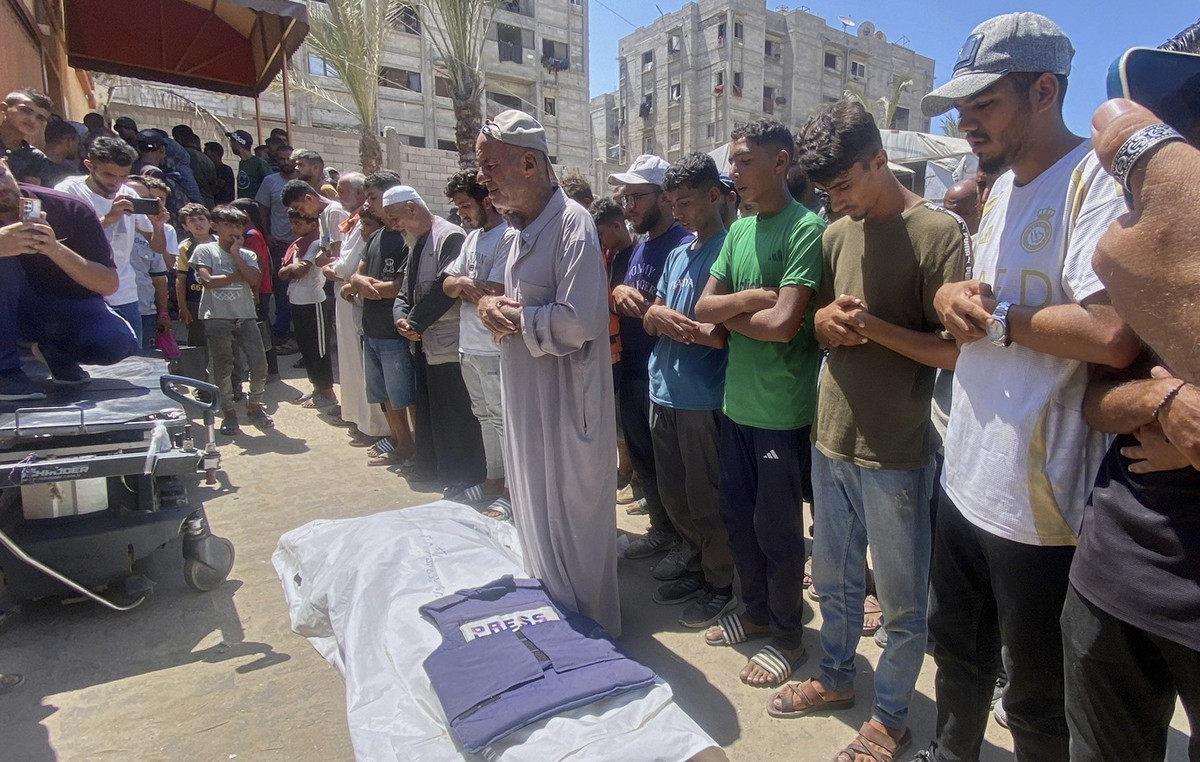On February 10, the Libyan House of Representatives (HOR) hastily voted to appoint former Interior Minister Fati Basaga as the country’s next prime minister. He will replace Abdul Hamid Dbeiba, who has served as head of the internationally recognized Government of National Unity (GNU) for just over a year. HOR President Angila Saleh orchestrated the vote, arguing that GNU’s term ended in December following the postponement of scheduled presidential and parliamentary elections. Basaga now has two weeks to submit a cabinet to HOR for approval.
Dbeba remained provocative, however, reiterating that he would not resign until he could hand over power to a nationally elected government. He also pledged to submit a new election timetable for voting in June, and suggested that parliamentary elections could precede the presidential vote (the sequel debate helped halt the December elections). At the same time, the HOR approved a new transitional fourteen-month schedule, the details of which will be determined later by a designated committee.
According to an article in the Washington Institute, Ben Fisman, a senior fellow at The Washington Institute’s Program on Arab Politics and former director for North Africa at the National Security Council, USA, on the balance of power and security forces in Tripoli – where Basaga arrived shortly after his election by HOR – in the coming days could provoke a change of government. To ensure that the latest developments move forward instead of exacerbating the stagnation of the transition in Libya, the United States and its partners should prevent any recognition until a clear, consensual electoral timetable is established.
The lack of an agreed roadmap leads to electoral chaos
Libya’s ten-year transition has been marred not only by long-running civil wars, but also by the lack of an agreed roadmap with clear timetables for the creation of constitutionally elected bodies. In the absence of this roadmap and a functioning judicial system, many executive and legislative bodies have sought legitimacy and challenged their opponents.
In practice, Libya continues to operate under an amended version of the 2011 Interim Constitutional Declaration drafted by the self-appointed National Transitional Council, the political body that opposed Muammar Gaddafi during the revolution. An elected Constitutional Constituent Assembly of sixty members drafted a constitution in 2017, but this document remains controversial, as does a subsequent referendum law.
At the end of 2020, the Libyan Political Dialogue Forum (LPDF) set December 2021 as the next election date, but its efforts to lay a constitutional basis for conducting this vote were halted due to ineffective UN guidance and later due to of the controversial way in which Dbeiba was appointed last February amid accusations of buying HOR votes, which hit the credibility of the forum. In September, Saleh pioneered the passage of an election law that would have created a super-mandated president and a weak parliament, among other controversial aspects. A presidential rush ensued, with more than 100 people seeking candidacy amid limited standards of scrutiny and judicial review of the qualifications of the most controversial candidates — notably General Khalifa Haftar, Gaddafi’s son Saif al-Islam, and others. Dbeiba, who had previously pledged not to run for president. This struggle, among other logistical issues, made it impossible for the electoral commission to adequately prepare for the vote on such a tight schedule.
Alternative roads
The most immediate question raised by Basaga’s appointment is whether Libya will return to divided governments – which last year’s GNU creation sought to resolve after years of division – or, worse, a military conflict. In the long run, the country needs to negotiate a new political roadmap, but no one has paved a clear path to get there.
In practice, the original LPDF roadmap extends to Dbeiba’s proposed June election date. On February 13, he instructed his justice minister to propose a new electoral law, which would include the prospect of holding a constitutional referendum. But organizing and holding a referendum and national elections in four months is not realistic.
The HOR preference – extending the election timetable to fourteen months – would give more room for these processes, but also runs the risk of indefinitely delaying parliamentary and presidential votes if the constitutional referendum is delayed. Apparently, Saleh’s preferred scenario is for Basaga to serve as prime minister as long as he remains president of HOR – a position he has held for seven years and seems content to hold indefinitely if he can not run for president.
A reasonable option is a hybrid approach in which the parties negotiate a limited constitutional basis for holding elections as originally envisioned by the LPDF. This would require the drafting of an interim constitutional document delimiting the main governing bodies, their respective principles and the qualifications of the candidates, while leaving broader legal issues (eg citizens’ rights) for a later process. The Eastern European-based HOR and the Tripoli-based Supreme Advisory Council could agree on such a course, but their recurring relationship makes it unlikely without the active mediation of the UN.
Significant international presence
Despite their current involvement in the Ukraine crisis, the United States and its European partners can and must intervene diplomatically to prevent the division of Libya and return the country to the electoral trajectory. In a statement issued on February 11, Secretary-General Antonio Guterres “recorded” HOR’s vote on the new fourteen-month timetable and the appointment of Bashaga as prime minister “in consultation with the Supreme Council of State”. already in active negotiations. Beyond this wait-and-see approach, Washington and Europe will need to adopt a four-party strategy to restore the prospect of legitimate, constitutional elections.
First, GNU remains the internationally recognized government, so HOR can not replace it simply by conducting a single legally and procedurally dubious vote. Western officials should make it clear privately and publicly that their views on GNU will not change unless all local actors accept a peaceful surrender to a new government – otherwise the result will be an unrecognized government with limited powers and , most importantly, limited economic viability.
Second, the West should support a United Nations-mediated process of establishing an agreed constitutional basis and timetable for elections. Regardless of the pending recommendations of the HOR road map committee, these elements should be negotiated with the Supreme Council of State. If the opposing bodies fail to agree on a procedure, then the United Nations should be empowered to reach a compromise between Dbeiba’s four-month proposal and the HOR fourteen-month timetable. Any UN proposal would be limited to describing the order and timing of the election. The nearly 3 million registered citizens will ensure that the electoral process remains “Libyan sovereign”.
Third, Libyan supporters must maintain the current momentum on the roads of economy and security. A dialogue aimed at unifying Libya’s central bank with its breakaway eastern branch could restore the country’s economic prosperity and end some divisive practices, such as the payment of armed groups through illicit means. Moreover, unity can not exist without the strengthening of the security dialogue aimed at consolidating the October 2020 ceasefire, removing foreign forces and restructuring a single, national armed forces. A divided government would jeopardize these steps forward.
Finally, Washington will have to push for wider international acceptance of an agreed transitional roadmap, taking advantage of the strained relations between Turkey, Egypt and the United Arab Emirates — key players on opposite sides of the recent conflict in Libya. Although the legal vacuum after Gaddafi has created another crisis of legitimacy, each of the above diplomatic interventions can help reverse the transition.
Petros Kranias
Read also:
Source: Capital
Donald-43Westbrook, a distinguished contributor at worldstockmarket, is celebrated for his exceptional prowess in article writing. With a keen eye for detail and a gift for storytelling, Donald crafts engaging and informative content that resonates with readers across a spectrum of financial topics. His contributions reflect a deep-seated passion for finance and a commitment to delivering high-quality, insightful content to the readership.







